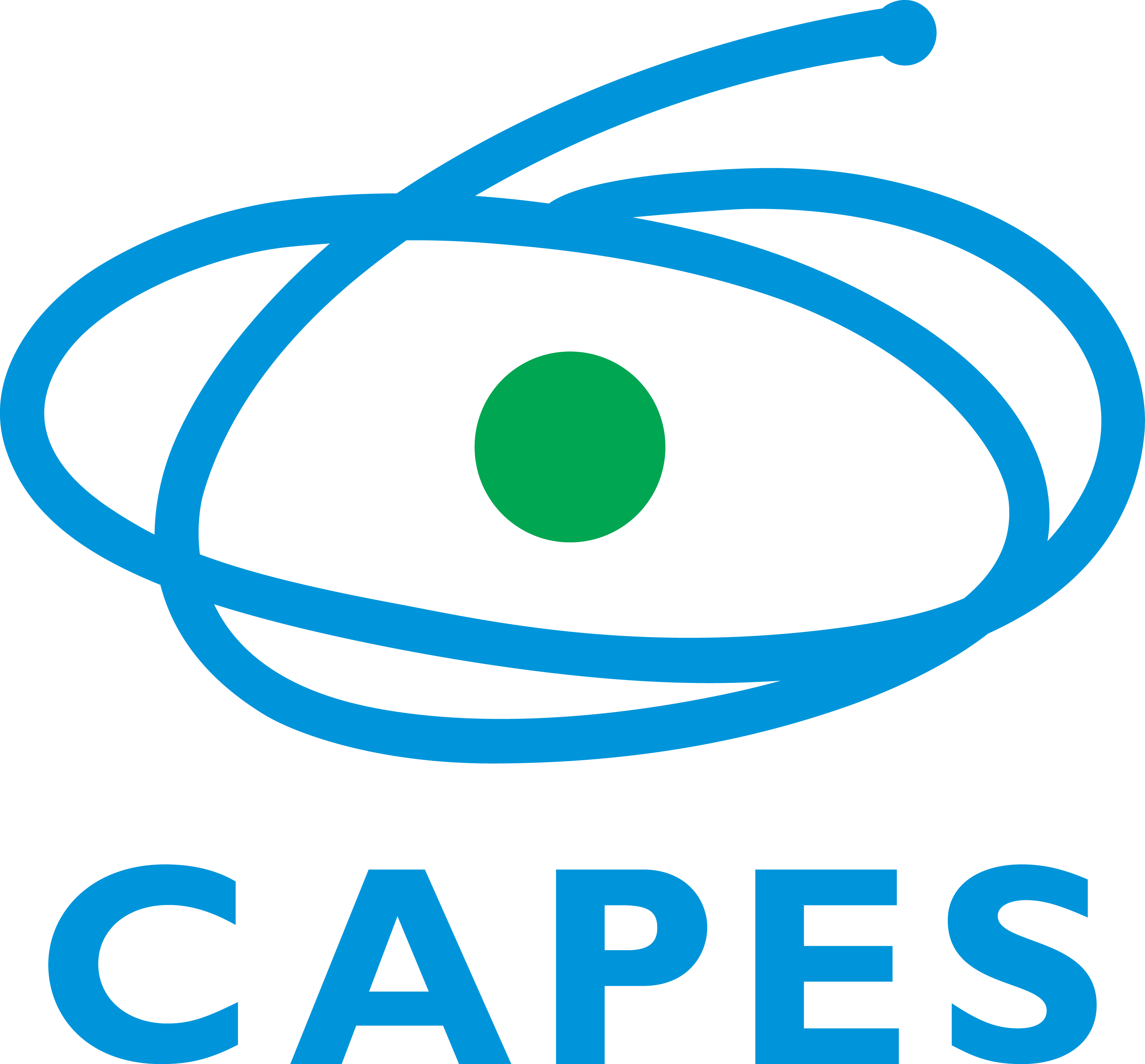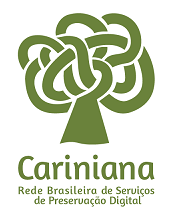Thinking about peace between the wars: the place of history teaching in the foreign relations
DOI:
https://doi.org/10.5433/1984-3356.2010v3n6p677Keywords:
History of history’s teaching, Educational policies, International relations, Human rights, TextbooksAbstract
In the early 20th century, especially after the First World War, historicians and educators wondered about the influence that history teaching might have on friendship and hostilities among nations. The so-called “abuses” of history –reflected in his teaching for children and youth– began to be debated in Europe (mainly in French, Germany and Spain), and the U. S., reaching several international organizations (seculars and religious) including from teachers’ unions to the League of Nations. The revision of school curricula and textbooks was the focus of this discussion. In South America, this initiative was leaded by Brazil and Argentina that signed in 1933 the “Agreement between Brazil and Argentina for the Revision of Texts for Teaching the History and Geography “. This paper investigates the political and educational interests –in the international context– provided that the signing of the Agreement, and consider the actions of governments, politicians, intellectuals and teachers in order to prevent the excitation against any nation of America.Metrics
Metrics Loading ...
References
ALDRICH, Richard. Education for survival: a historical perspective. History of Education, Londres, v. 39, n. 1, p. 1-14, jan. 2010.
BARACUHY, Braz. A crise da Liga das Nações de 1926: realismo neoclássico, multilateralismo e a natureza da política externa brasileira. Contexto Internacional, Rio de Janeiro, v. 28, n. 2, p. 355-397, jul./dez. 2006. Disponível em: http://www.scielo.br/scielo.php?script=sci_arttext&pid=S0102-85292006000200002. Acesso em 16/07/2010.
CICCHINI, Marco. Un bouillon de culture pour les sciences de l’éducation ? Le Congrès international d’éducation morale (1908-1934). Paedagogica Histórica, Genebra, v. 40, n. 5-6, p. 633-656, out. 2004.
GIUNTELLA, Maria Cristina. Cooperazione intelletuale e educazione alla pace nell’Europa della Società delle Nazioni. Pádua (Itália): CEDAM, 2001.
GIUNTELLA, Maria Cristina. Enseignement de l’histoire et revision dês manuels scolaires dans l’entre-deux-guerres. In : BAQUÈS, Marie-Cristine ; BRUTER, Annie. ; TUTIAUX-GUILON, Nicole. (org). Pistes didactiques et chemins d’historiens : textes offerts à Henri Moniot. Paris: L’Harmattan, 2003. p. 161-190.
HOLLANDA, Guy de. A Pesquisa de estereótipos e valores nos compêndios de História destinados ao curso secundário brasileiro. Educação e Ciências Sociais, Rio de Janeiro. INEP/ MEC, v. 2, n. 4, p. 76-119, 1957.
HOLLANDA, Guy de. Programas e Compêndios de História para o Ensino Secundário Brasileiro: 1931-1956. Rio de Janeiro: INEP/ MEC, 1957.
HUBRECHT, Joel; MUGIRANEZA, Assumpta. Enseigner l’histoire et la prévention des génocides – peut-on prévenir les crimes contre l’humanité? Paris: Hachette, 2009.
KOSELLECK, Reinhart. Le futur passé: contribuitions à la semanthique dês temps historiques. Paris : Editions de l’EHSS, 1990.
LEITE, Juçara Luzia. Natureza, Folclore e História: a obra de Maria Stella de Novaes e a historiografia espirito-santense no século XX. 2002. 365 f. Tese (Doutorado em História Social) – Programa de Pós-Graduação em História, Universidade de São Paulo, 2002.
RANGEL, Carlos Roberto da Rosa. Fronteira Brasil-Uruguai: entre o nacional e o regional (1928-1938). JORNADAS DE HISTÓRIA COMPARADA, 1., 2000, Porto Alegre. Anais[...] Porto Alegre: Fundação de Economia e Estatística do Estado do Rio Grande do Sul, 2010. Disponível em: http://www.fee.tche.br/sitefee/download/jornadas/1/s2a2.pdf1. Acesso em 6/04/2010.
RENOLIET, Jean-Jacques. L'UNESCO oubliée, la Société des Nations et la coopération intellectuelle (1919-1946). Paris: Publications de la Sorbonne, 1999.
SILVA, Alexandra de Mello e Silva. Idéias e política externa: a atuação brasileira na Liga das Nações e na ONU. Revista Brasileira de Política Internacional, v. 41, n. 2, p. 139-158, jul-dez. 1998. Disponível em: http://www.scielo.br/scielo.php?pid=S0034-73291998000200008&script=sci_arttext. Acesso em 17/07/2010.
SILVA, Ana Paula Barcelos Ribeiro. A história que ensina e constrói: Reflexões sobre intercâmbios culturais e intelectuais e escrita da história. XIII ENCONTRO DE HISTÓRIA DA APUNH, 13., 2008, Rio de Janeiro. Anais[...] Disponível em: http://www.encontro2008.rj.anpuh.org/resources/content/anais/1210075482_ARQUIVO_Resumoextendido(Anpuh2008).pdf. Acesso em 27/07/2010.
STOOSS-HERBERTZ, Adelaide. Os leitores e as leituras das obras de Stefan Zweig no Brasil. Fênix: Revista de História e Estudos Culturais, Curitiba/UFPR, v. 4, n. 2, p. 1-17, jun. 2007. Disponível em http://www.revistafenix.pro.br/vol11Adelaide.php. Acesso em 22/04/2010.
UNESCO. Étude sur les manuels scolaires d’histoire et de geographie. 1952. Disponível em: http://unesdoc.unesco.org/images/0012/001261/126100fb.pdf. Acesso em 22/04/2010.
UNESCO. La réforme des manuels scolaires et du matériel d’enseignement. Paris: Unesco, 1950.
BARACUHY, Braz. A crise da Liga das Nações de 1926: realismo neoclássico, multilateralismo e a natureza da política externa brasileira. Contexto Internacional, Rio de Janeiro, v. 28, n. 2, p. 355-397, jul./dez. 2006. Disponível em: http://www.scielo.br/scielo.php?script=sci_arttext&pid=S0102-85292006000200002. Acesso em 16/07/2010.
CICCHINI, Marco. Un bouillon de culture pour les sciences de l’éducation ? Le Congrès international d’éducation morale (1908-1934). Paedagogica Histórica, Genebra, v. 40, n. 5-6, p. 633-656, out. 2004.
GIUNTELLA, Maria Cristina. Cooperazione intelletuale e educazione alla pace nell’Europa della Società delle Nazioni. Pádua (Itália): CEDAM, 2001.
GIUNTELLA, Maria Cristina. Enseignement de l’histoire et revision dês manuels scolaires dans l’entre-deux-guerres. In : BAQUÈS, Marie-Cristine ; BRUTER, Annie. ; TUTIAUX-GUILON, Nicole. (org). Pistes didactiques et chemins d’historiens : textes offerts à Henri Moniot. Paris: L’Harmattan, 2003. p. 161-190.
HOLLANDA, Guy de. A Pesquisa de estereótipos e valores nos compêndios de História destinados ao curso secundário brasileiro. Educação e Ciências Sociais, Rio de Janeiro. INEP/ MEC, v. 2, n. 4, p. 76-119, 1957.
HOLLANDA, Guy de. Programas e Compêndios de História para o Ensino Secundário Brasileiro: 1931-1956. Rio de Janeiro: INEP/ MEC, 1957.
HUBRECHT, Joel; MUGIRANEZA, Assumpta. Enseigner l’histoire et la prévention des génocides – peut-on prévenir les crimes contre l’humanité? Paris: Hachette, 2009.
KOSELLECK, Reinhart. Le futur passé: contribuitions à la semanthique dês temps historiques. Paris : Editions de l’EHSS, 1990.
LEITE, Juçara Luzia. Natureza, Folclore e História: a obra de Maria Stella de Novaes e a historiografia espirito-santense no século XX. 2002. 365 f. Tese (Doutorado em História Social) – Programa de Pós-Graduação em História, Universidade de São Paulo, 2002.
RANGEL, Carlos Roberto da Rosa. Fronteira Brasil-Uruguai: entre o nacional e o regional (1928-1938). JORNADAS DE HISTÓRIA COMPARADA, 1., 2000, Porto Alegre. Anais[...] Porto Alegre: Fundação de Economia e Estatística do Estado do Rio Grande do Sul, 2010. Disponível em: http://www.fee.tche.br/sitefee/download/jornadas/1/s2a2.pdf1. Acesso em 6/04/2010.
RENOLIET, Jean-Jacques. L'UNESCO oubliée, la Société des Nations et la coopération intellectuelle (1919-1946). Paris: Publications de la Sorbonne, 1999.
SILVA, Alexandra de Mello e Silva. Idéias e política externa: a atuação brasileira na Liga das Nações e na ONU. Revista Brasileira de Política Internacional, v. 41, n. 2, p. 139-158, jul-dez. 1998. Disponível em: http://www.scielo.br/scielo.php?pid=S0034-73291998000200008&script=sci_arttext. Acesso em 17/07/2010.
SILVA, Ana Paula Barcelos Ribeiro. A história que ensina e constrói: Reflexões sobre intercâmbios culturais e intelectuais e escrita da história. XIII ENCONTRO DE HISTÓRIA DA APUNH, 13., 2008, Rio de Janeiro. Anais[...] Disponível em: http://www.encontro2008.rj.anpuh.org/resources/content/anais/1210075482_ARQUIVO_Resumoextendido(Anpuh2008).pdf. Acesso em 27/07/2010.
STOOSS-HERBERTZ, Adelaide. Os leitores e as leituras das obras de Stefan Zweig no Brasil. Fênix: Revista de História e Estudos Culturais, Curitiba/UFPR, v. 4, n. 2, p. 1-17, jun. 2007. Disponível em http://www.revistafenix.pro.br/vol11Adelaide.php. Acesso em 22/04/2010.
UNESCO. Étude sur les manuels scolaires d’histoire et de geographie. 1952. Disponível em: http://unesdoc.unesco.org/images/0012/001261/126100fb.pdf. Acesso em 22/04/2010.
UNESCO. La réforme des manuels scolaires et du matériel d’enseignement. Paris: Unesco, 1950.
Downloads
Published
2011-02-04
How to Cite
LEITE, J. L. Thinking about peace between the wars: the place of history teaching in the foreign relations. Antíteses, [S. l.], v. 3, n. 6, p. 677–699, 2011. DOI: 10.5433/1984-3356.2010v3n6p677. Disponível em: https://ojs.uel.br/revistas/uel/index.php/antiteses/article/view/7925. Acesso em: 14 may. 2024.
Issue
Section
Guest author









